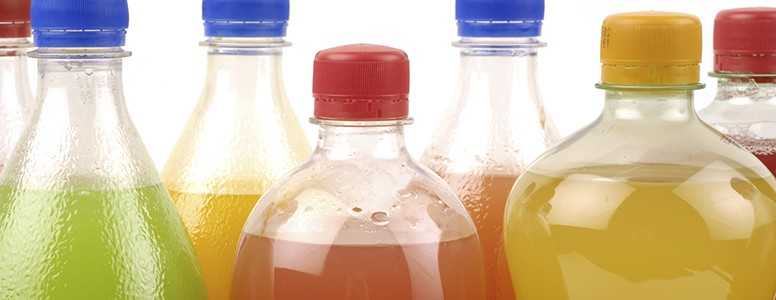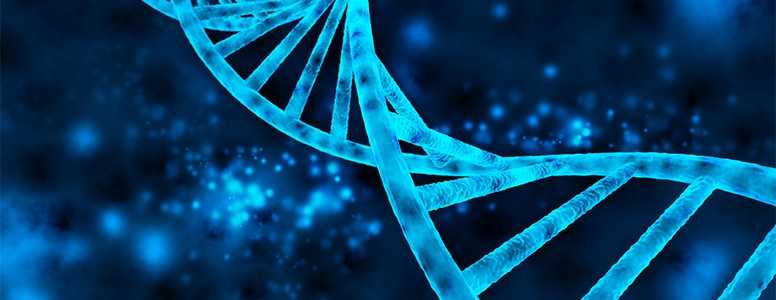A new observational study suggests that low-calorie sweetened beverages (LCSBs) do not adversely affect blood sugar levels and could promote healthier eating through lower-carb consumption.
The conventional wisdom to prevent excess weight gain and reduce risks of developing prediabetes or type 2 diabetes tends to support substituting only water for sugar-sweetened beverages.
In this latest study, nutrition consultants from the states of Michigan and Florida, in the US, have assessed the effect of substituting LCSBs or water for sugar-sweetened beverages.
They compared the impact of LCSBs, made with artificial sweeteners like aspartamen, sucralose or stevia, and water on food intake and a few variables of blood sugar control.
The study team used LCSBs, water and dietary intakes self-reported by 25,817 healthy adults involved in the National Health and Nutrition Examination Surveys (NHANES), conducted between 2001 and 2012.
The survey results, published in the journal Nutrients, highlighted that a higher LCSB intake reduced daily intakes of carbs, total sugars and added sugars significantly more than water did.
With a higher LCSB intake, participants ate on average 9.1 g fewer carbs a day, compared to 1.4 g on a higher water intake only.
A higher LCSB intake also cut the total sugar intake by 10.9 g per day, while water only reduced it by a modest 2.2 g.
Similarly, the amount of added sugars consumed went down with LCSBs. Participants drinking water used about one and a half times the amount of tablespoons of sugar in a day.
In terms of diabetes-related markers, those consuming LCSBs had lower occurrences of elevated HbA1c levels, as well as reduced measures of an insulin resistance marker called HOMA-IR.
Blood sugar control benefits were even more pronounced the higher the LCSBs intake, at two or more servings per day, compared to a single serving.
However, these results should be taken with a grain of salt as the study was funded by the Dr. Pepper Snapple Group. One study author also consults with members of the food industry and conducts analyses of NHANES for numerous companies and organisations.
The NHANES still shows that LCSB drinkers do not appear to compensate for sugar or energy deficits by consuming more carbs or simple sugars elsewhere in the diet.
Overall, this study suggests that LCSBs may be sensible choices to reduce the sugar load without significant adverse effects on blood sugar response among healthy adults.
What's new on the forum? ⭐️
Get our free newsletters
Stay up to date with the latest news, research and breakthroughs.






